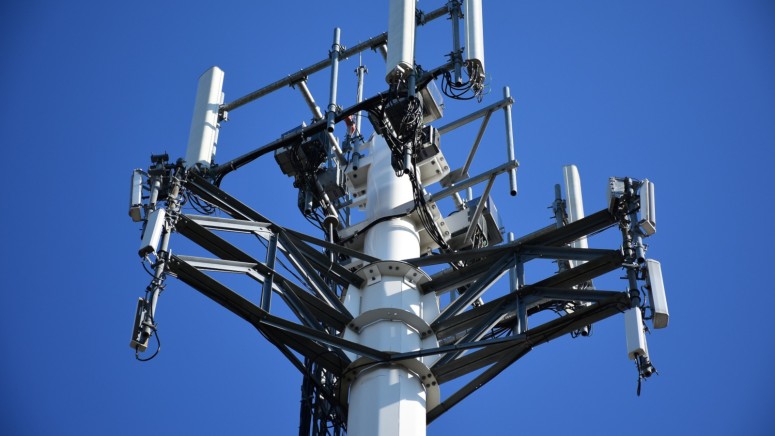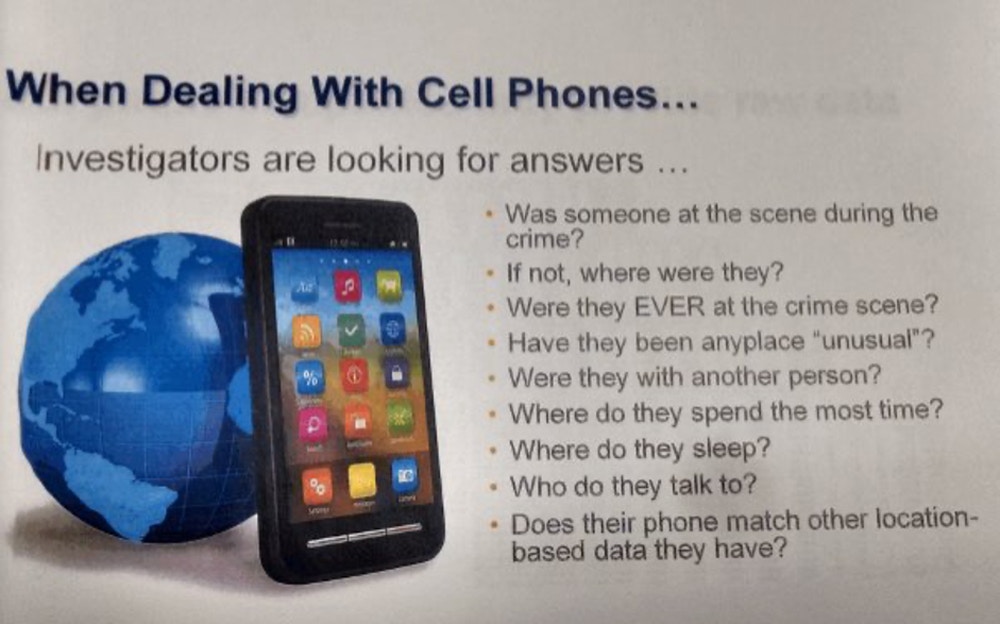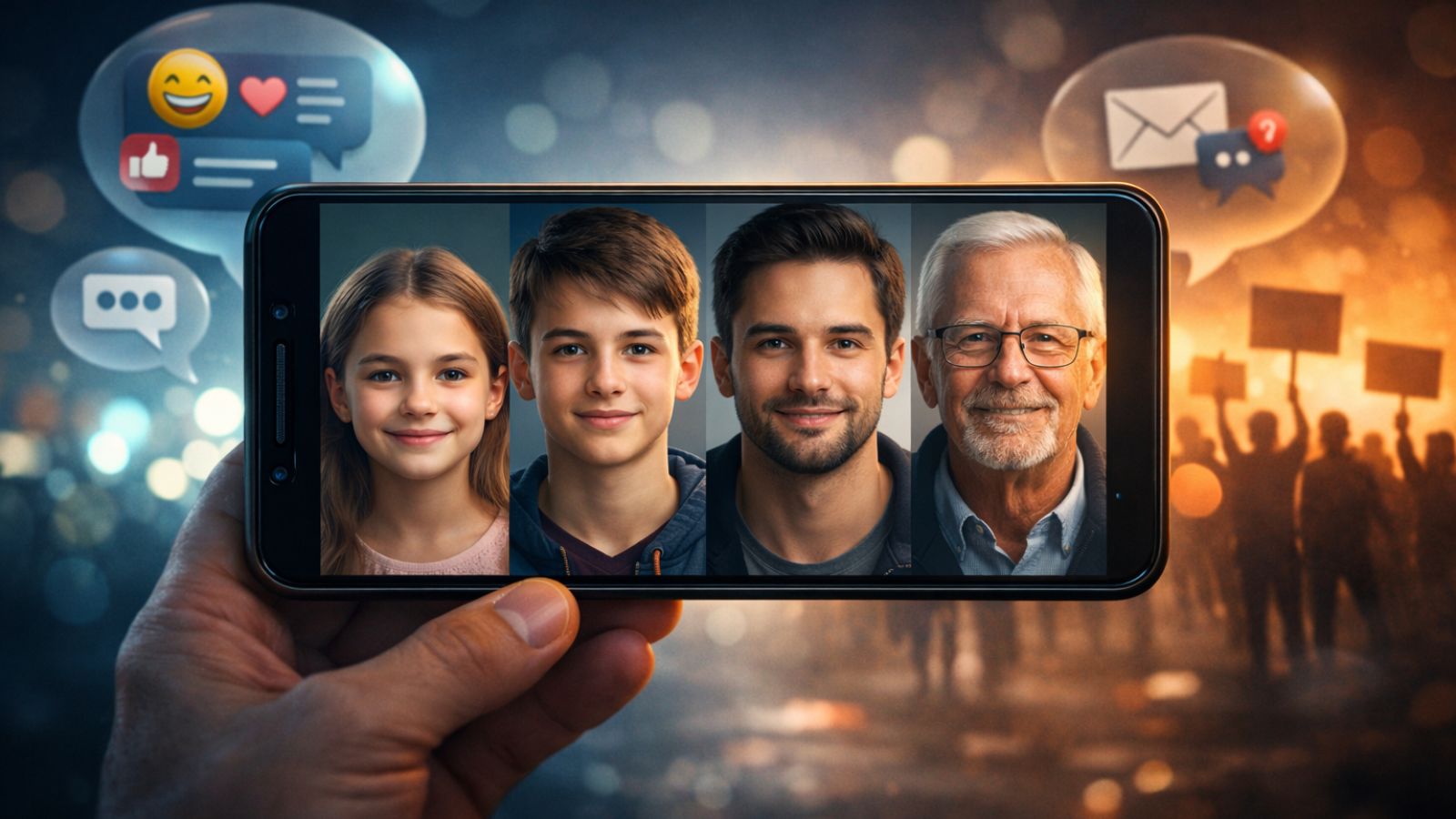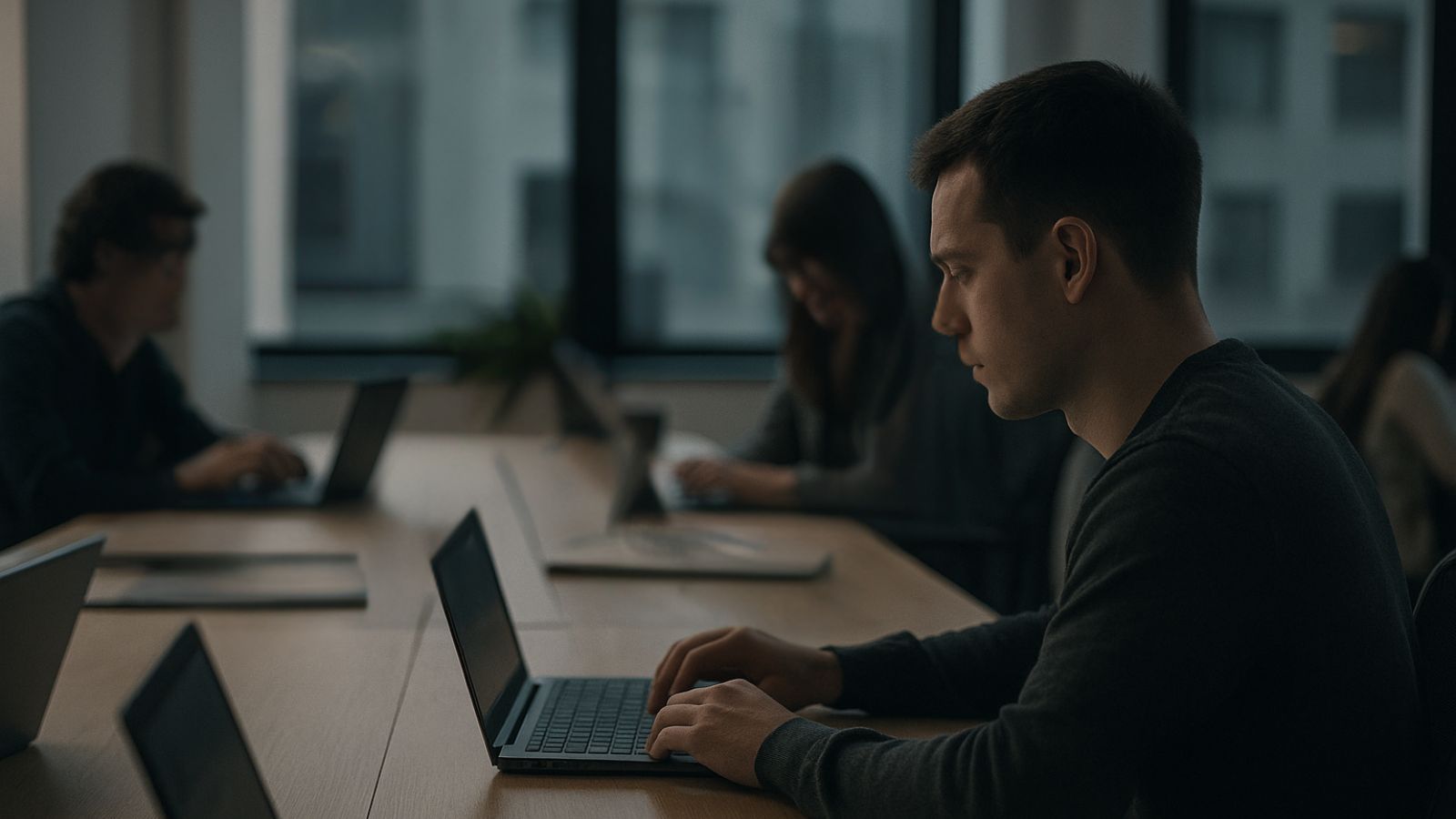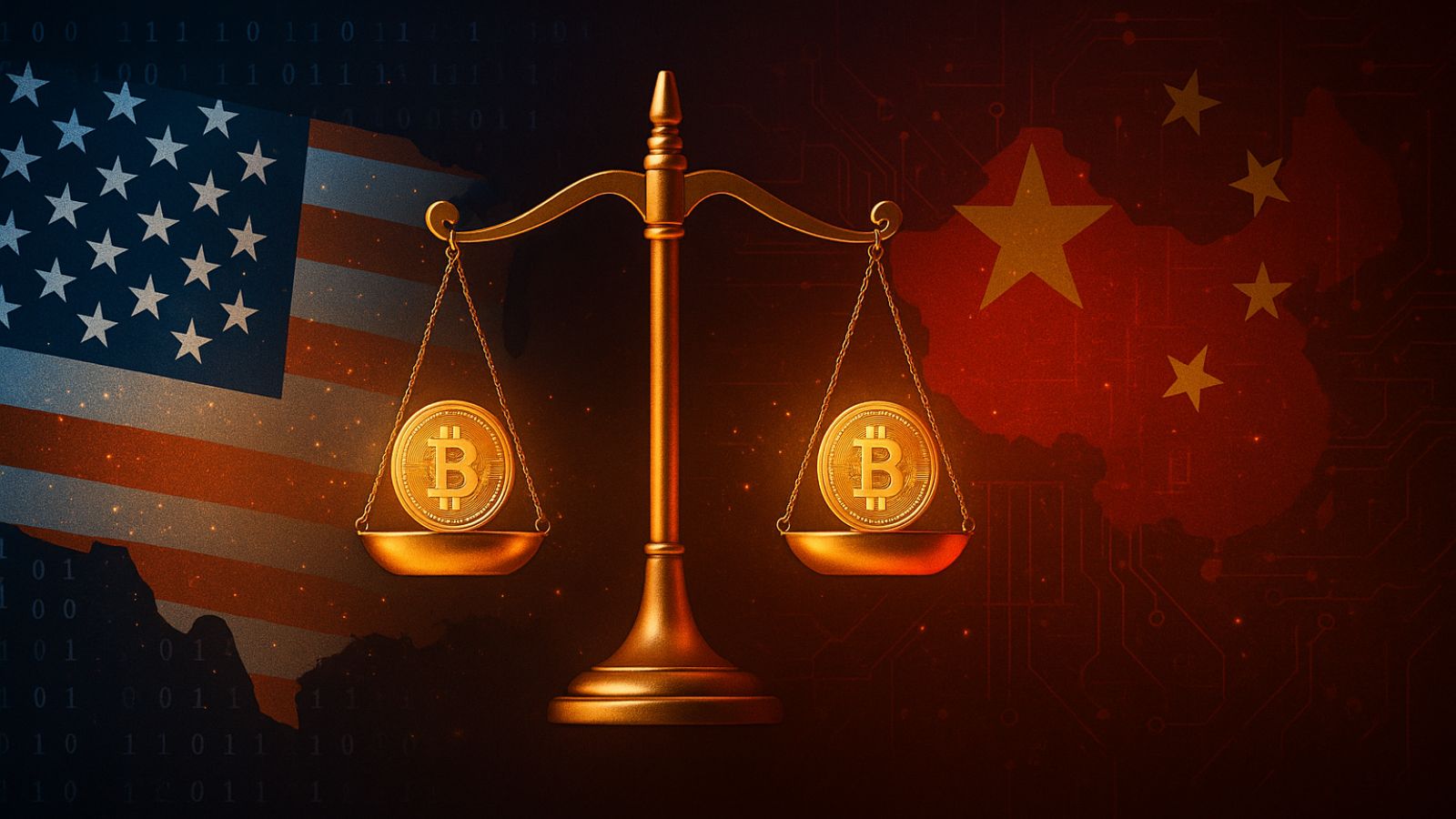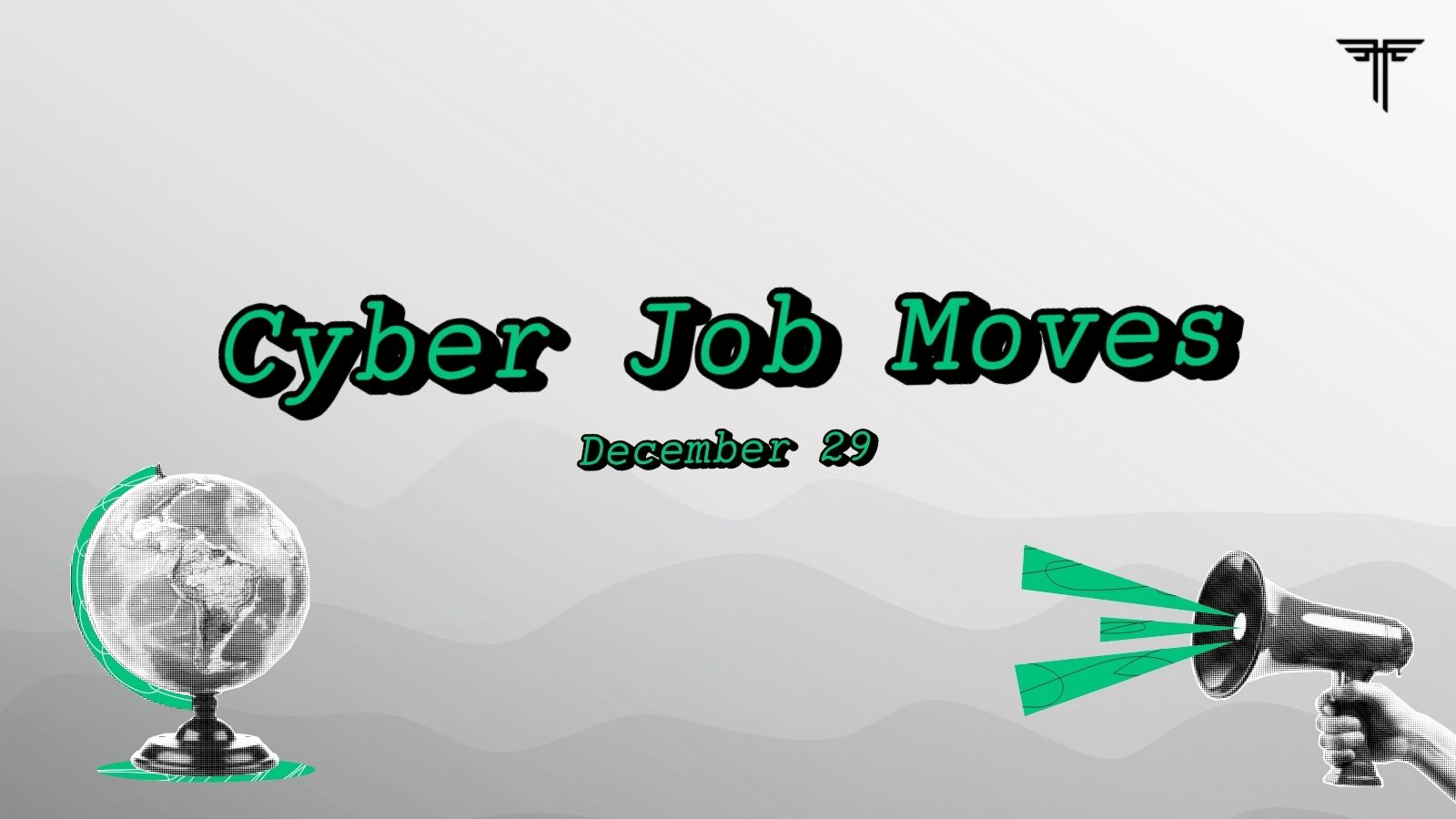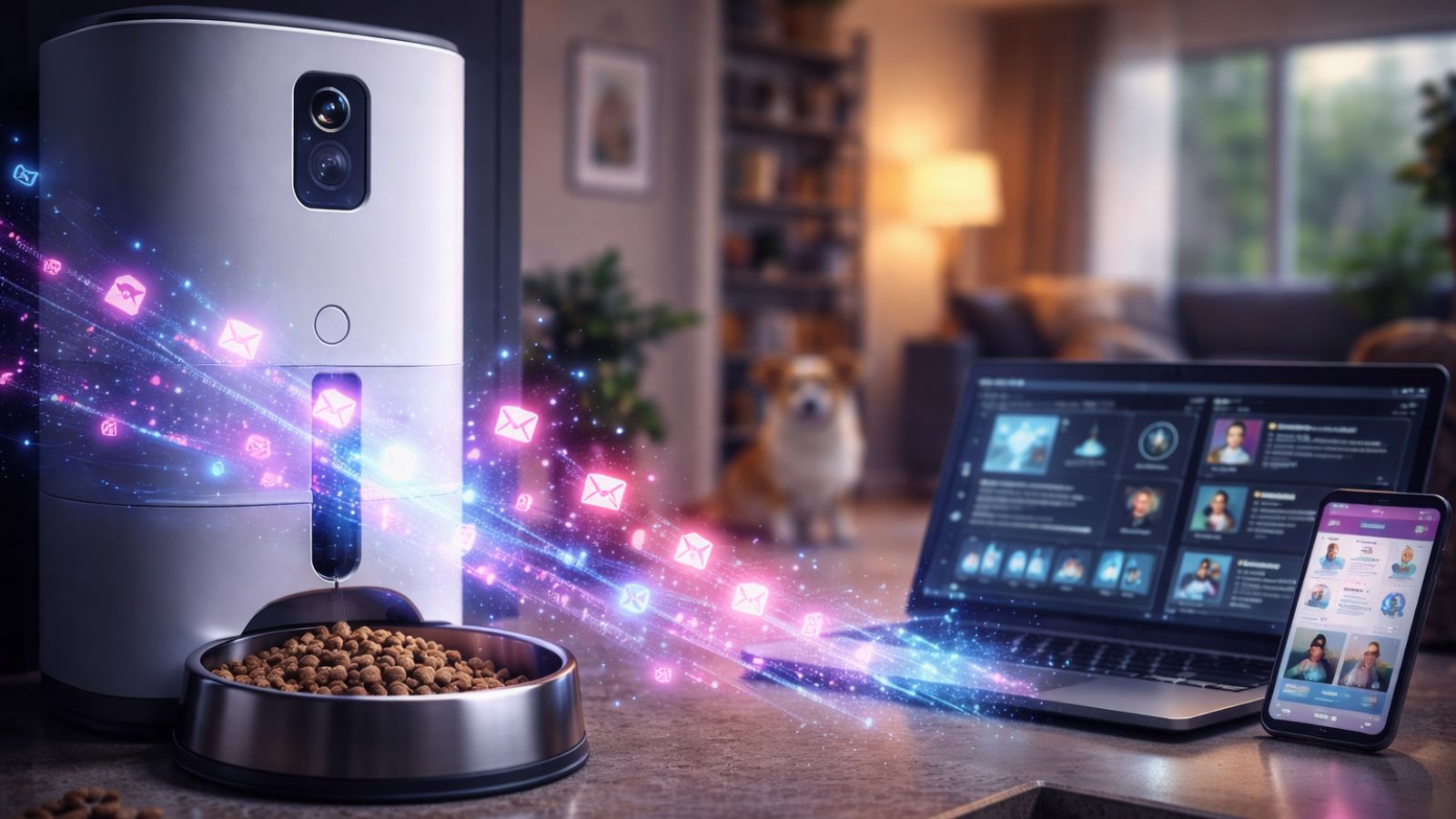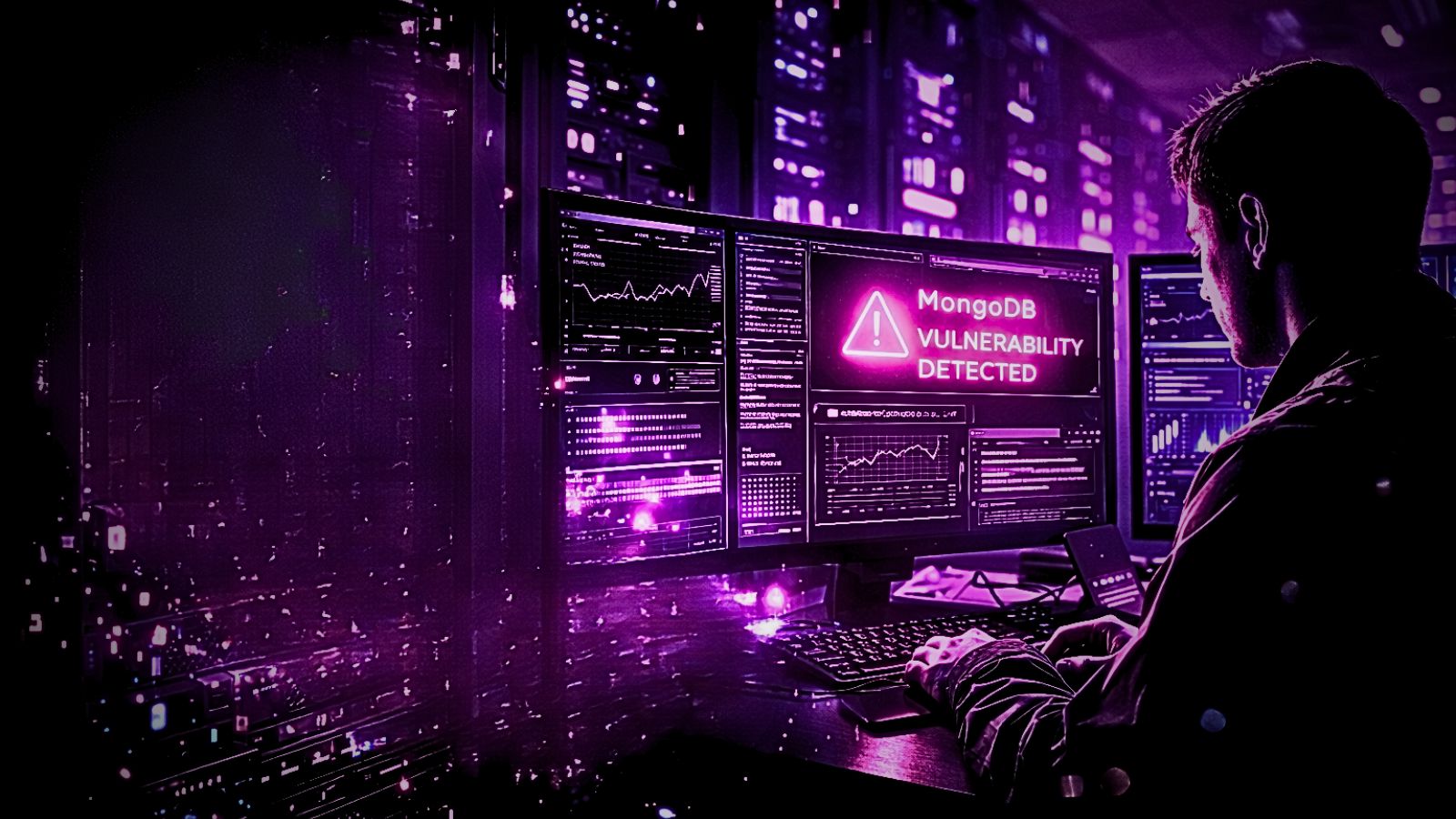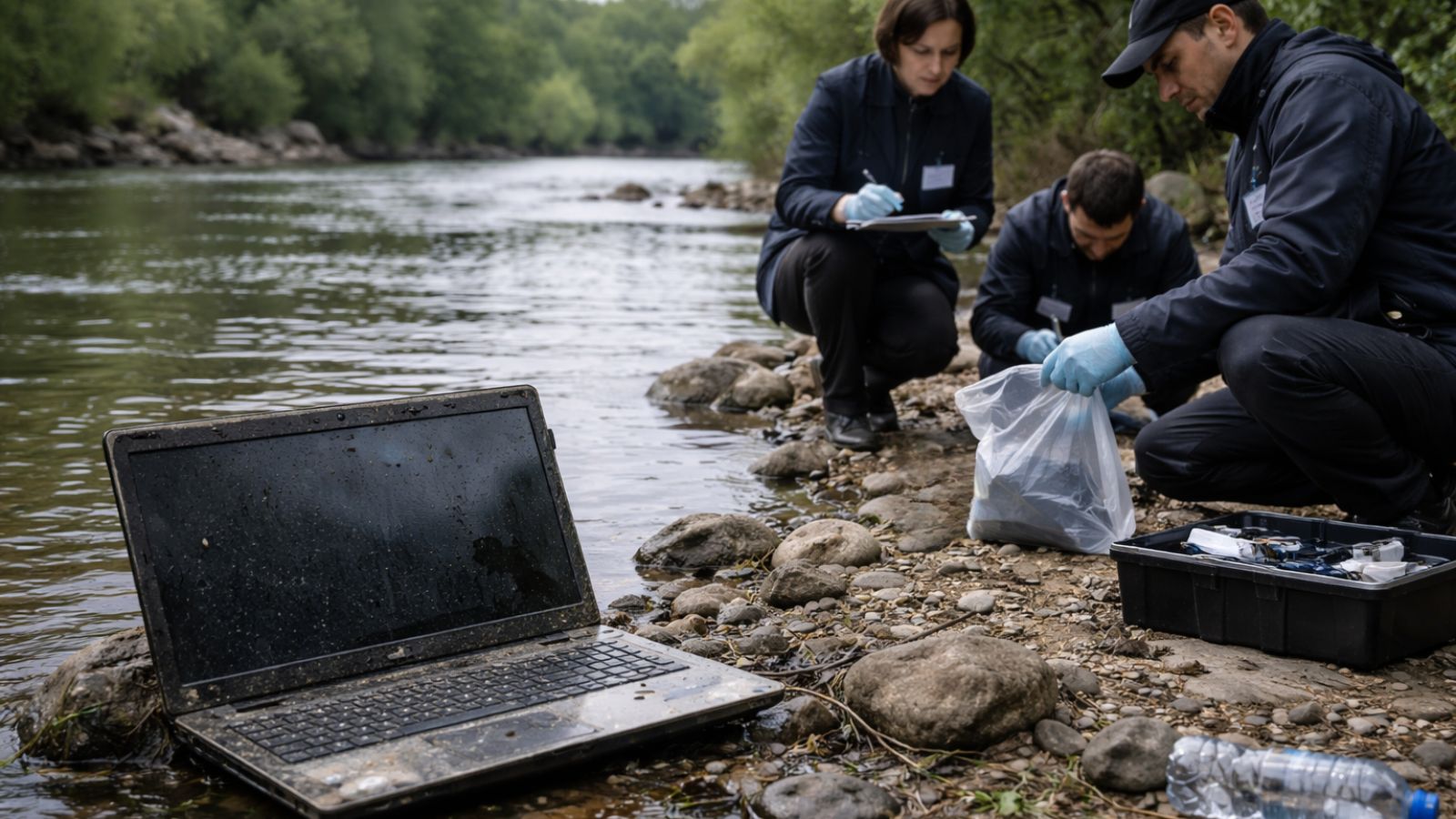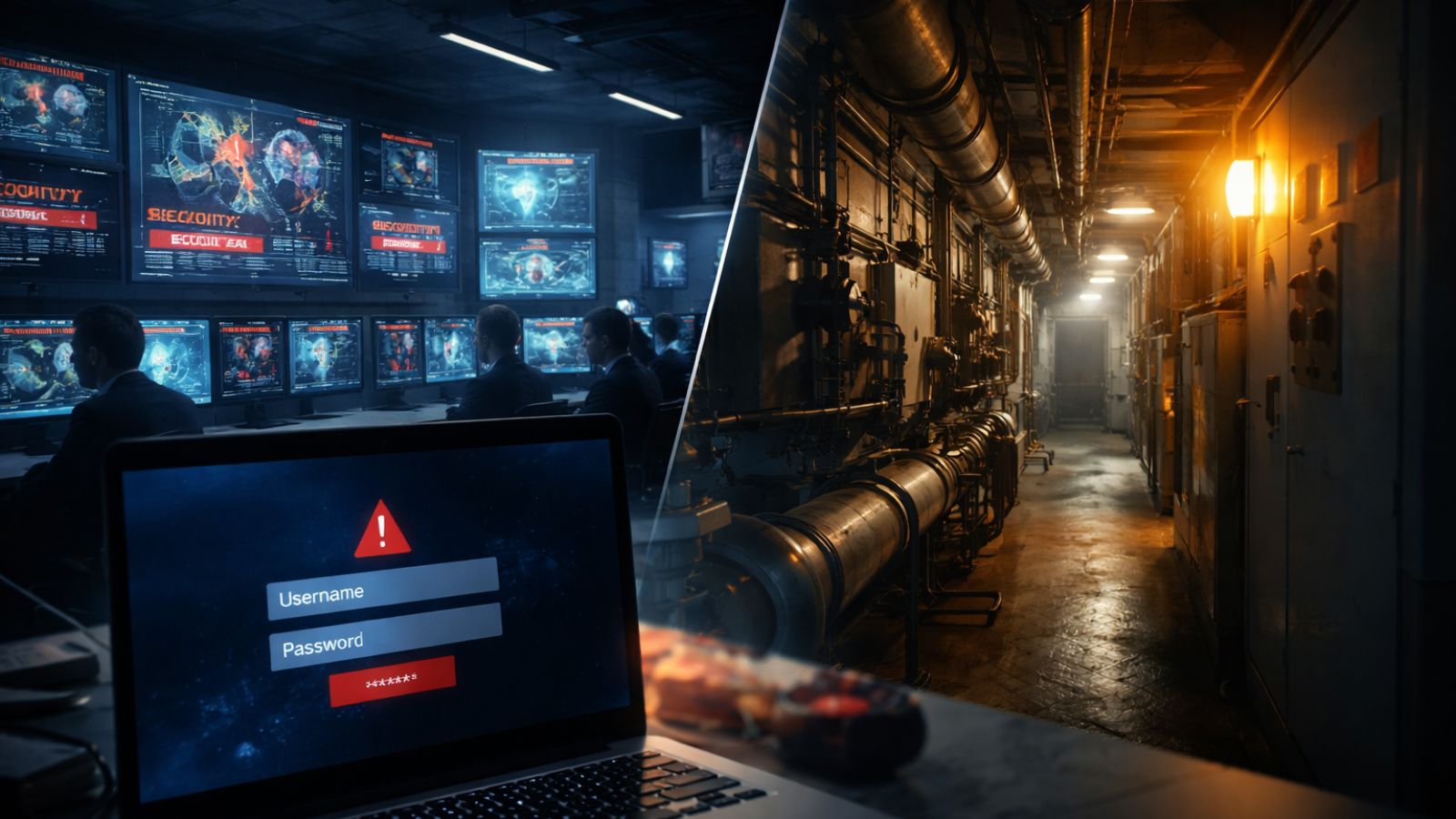
‘CellHawk’ Mobile Surveillance Tool Massively Deployed in the US
- American law enforcement agencies, the police, and even private investigators are all using the ‘CellHawk’.
- This is a very powerful mobile device surveillance tool that draws data from hundreds of sources.
- The targets have their privacy and civil liberty rights blatantly violated and didn’t even realize it.
The law enforcement agencies in the United States are openly using a product called ‘CellHawk’, a very powerful mobile phone surveillance solution that has evaded scrutiny or any form of oversight thus far. From local police units to the FBI and even several private investigators, everyone is harnessing the power of ‘CellHawk’ to access call detail records (CDRs) and approximate device locations.
This type of data doesn’t contain actual communication contents, but it’s still very useful in figuring out who speaks with whom and where a subscriber is at a given time. That’s very often all that intelligence services need. Possibly, the seemingly innocuous type of data that can be harvested by ‘CellHawk’ is the very reason why the tool has stayed clear of criticism, but that couldn’t be farther from reality.
CellHawk isn’t only useful for when you want to analyze big data from the towers of cell carriers in an area, but also for bringing data from a wide spectrum of sources, including ride-hailing records, unrelated apps, and more. The police simply enter a subscriber number, and they get a trove of data coming from multiple locations. When having a meaningful way to combine small chunks of almost worthless data, you end up with a very useful outcome, and this is the key role that CellHawk plays.
To support operatives, the tool can even send SMS or email alerts when the target moves, can help an investigator track 20 phones at once, plot maps, and animate movements. The following image taken from the product brochure gives a very clear idea of what it can do.
According to the evidence collected by ‘The Intercept’, the software has been used in the United States since at least 2015, and there are still no laws to regulate its deployment. Since private investigators have access to it, anyone can be targeted by the software, so this is not just about people who have committed a serious crime. Solutions of this kind can target even the constitutionally legal right to peaceful protest, and it has been documented that this has already happened a couple of times.
Julia Decker, policy director for the ACLU of Minnesota, has stated the following about CellHawk and other surveillance tools used in conjunction with it:
